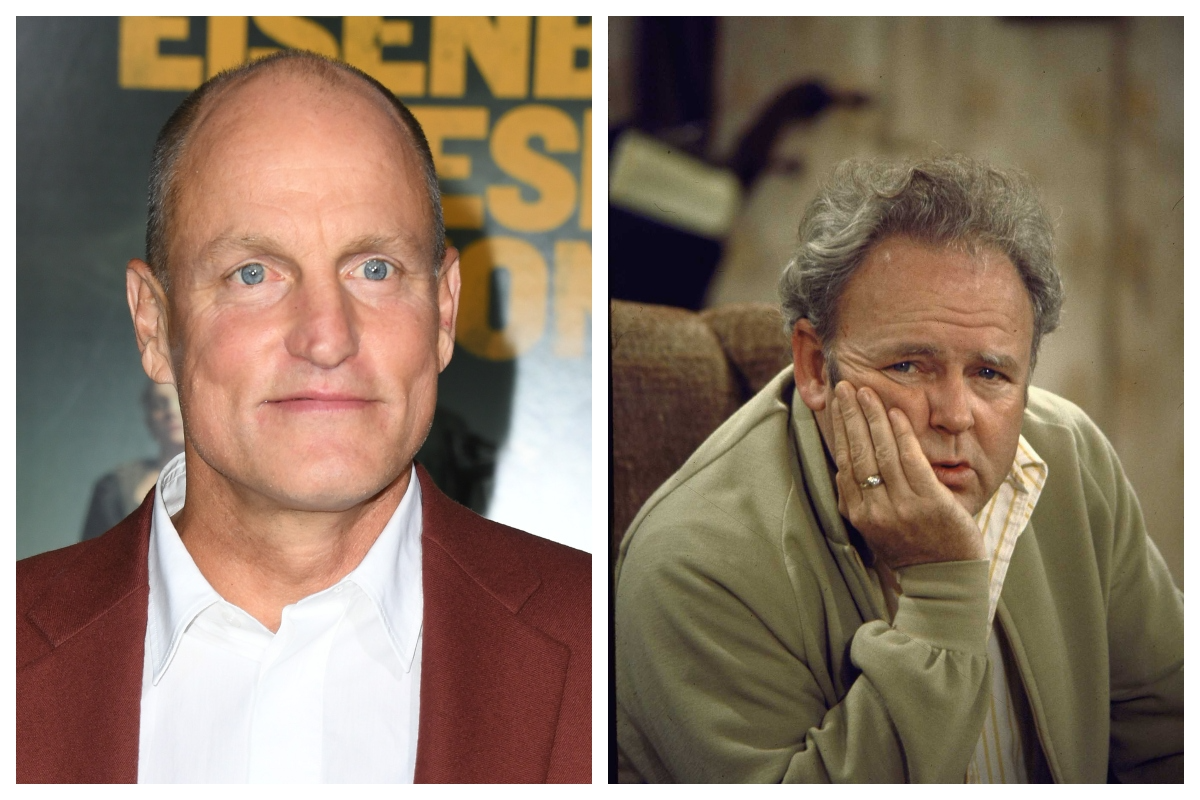
Introduction: In the vast landscape of television, there are countless characters who have left their mark. But few have achieved the cultural icon status of Archie Bunker, the cantankerous, politically incorrect patriarch of the groundbreaking sitcom All in the Family. Played by Carroll O’Connor, Archie Bunker wasn’t just a character – he became a symbol of a particular moment in American history, a man whose bigotry, despite being offensive, was portrayed with such complexity and nuance that it forced viewers to confront uncomfortable truths about their own society.
So, what made Archie Bunker so iconic? Why has he endured as one of TV’s most memorable and debated characters? Let’s take a closer look at the man behind the one-liners and the controversial views.
Character Deep Dive: Archie Bunker’s Personality and Views: At first glance, Archie Bunker seems like a straightforward character: a bigoted, working-class man with outdated views about race, gender, and politics. But as All in the Family progressed, viewers quickly realized that Archie was more than just a racist stereotype. His character was an amalgamation of contradictions – a man who, despite his ignorance and prejudices, was capable of profound moments of vulnerability and even affection.
What made Archie stand out was that his bigotry wasn’t presented as simple or comical. While his prejudices were often the butt of jokes, the show never let the audience off the hook. Instead of making Archie the villain, All in the Family forced viewers to reckon with the uncomfortable reality that people like Archie existed in real life. His character reflected a generation that was struggling to cope with the seismic social changes of the 1960s and 70s.
Archie’s view of the world was shaped by his working-class upbringing, and his bigotry often served as a defense mechanism against the threats posed by social progress. Whether it was civil rights, feminism, or changing gender roles, Archie was uncomfortable with anything that challenged the status quo. Yet, his character was not purely evil. He had moments of tenderness, particularly toward his family, that showed a more human side to his character.
The Complexity of Archie Bunker: What made Archie truly iconic was the complexity of his character. On the surface, he may have been a relic of the past – a man out of step with the times. But as the series progressed, viewers were given glimpses into the vulnerabilities that motivated his prejudices. In many ways, Archie’s bigotry was a defense against his own insecurities and fears about a rapidly changing world.
Archie’s relationship with his wife, Edith, was one of the most compelling aspects of his character. Edith was the polar opposite of Archie – kind, patient, and understanding. While Archie’s views were often harsh and uncompromising, Edith embodied compassion and empathy. Their dynamic was a masterclass in how to write complex, contradictory relationships, as Edith’s unconditional love for Archie served as a mirror to his own flaws.
The show also used Archie’s relationship with his son-in-law, Mike (aka Meathead), to highlight the generational divide between the old and new ways of thinking. Mike’s progressive views were constantly at odds with Archie’s conservative ones, but their interactions were often the heart of the show. Meathead’s clashes with Archie weren’t just about politics; they symbolized the cultural war that was raging across America at the time.
Archie Bunker’s Legacy in Television: When All in the Family debuted, Archie Bunker was unlike any character audiences had seen before. He was crass, unrepentantly prejudiced, and unapologetically conservative. But as the show progressed, it became clear that Archie was also a deeply human character – flawed, contradictory, and capable of change. This was a radical shift for television, where characters were typically more one-dimensional.
Archie Bunker’s legacy is still felt today in the way TV shows portray complex characters who embody the struggles and contradictions of society. His character paved the way for later, more nuanced depictions of flawed individuals, from The Simpsons’ Homer Simpson to Family Guy’s Peter Griffin.
Impact on Popular Culture: Archie Bunker’s influence on popular culture is undeniable. From his famous catchphrases like “Meathead” to his unique brand of humor, Archie became a household name. His character embodied the tensions of a nation grappling with social and cultural change, and he remains one of the most iconic TV characters of all time.
Even today, references to Archie Bunker can be found in modern media. His character has been referenced in everything from political discourse to stand-up comedy routines, underscoring his lasting impact on American culture.
Archie Bunker’s Relevance Today: In a world where political polarization and cultural divides continue to grow, Archie Bunker feels just as relevant as ever. His character serves as a reminder of the forces that shape our views and how those views can be challenged and transformed. Archie’s bigotry was a product of his time, but it also served as a lens through which viewers could examine their own prejudices and assumptions.
Today, as America faces new challenges around race, gender, and class, Archie Bunker’s character continues to provoke important conversations. All in the Family may have aired decades ago, but its exploration of societal issues is just as vital today.
Conclusion: Archie Bunker is more than just a character on a TV show – he’s a symbol of a certain moment in American history. His bigotry, humor, and vulnerability made him one of the most iconic and enduring figures in television history. Even as society continues to evolve, Archie remains a reminder of the complexities of the human condition and the power of television to challenge, entertain, and ultimately change the world.
